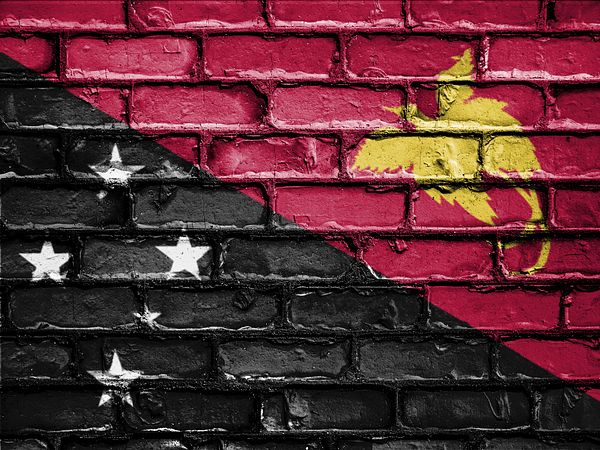Just ahead of Pope Francis’ recent visit to Papua New Guinea, roadside stalls selling betel nut, a mild local narcotic, were closed. While this is not a good thing for the many small stall owners who rely on this micro-business to make a living, on the face of it, this may not deserve much news coverage. But it represents something bigger: the desperate state of Papua New Guinea and Australia’s role in its decline.
The pope has left, but the closure of the betel nut stalls – and the sudden end to the stallholders’ subsistence income – remains a reality in order to make the streets look prettier for the visiting pontiff. It symbolizes the growing disparity in Papua New Guinea. An out-of-touch elite made up of top politicians and financiers has become increasingly distant from the population, where living costs are rising, crime rates are among the highest in the world, and corruption is rampant.
recent, Papua New Guinea opposition There is a long list of funding shortfalls that Marape’s government is overseeing. This is an informal report midway through the current budget period.
Based on these verifiable data, actual government spending on medicines (funds delivered to date) is down 70% compared to 2023 budget forecasts. According to the same calculations, the prosecutor’s office received 80% less than the allocated budget, education spending fell by 77%, and health spending dropped by 73%.
The 2024 national census, the first in 11 years, was originally scheduled to end in July. This target has now been pushed back to 2025 due to government mismanagement and utter incompetence.
While K150 million (US$37.8 million) was set aside for the census process in the last budget, only K24 million, or 16% of the total, has been delivered.
One could argue that Papua New Guinea’s budget is under pressure and cannot meet its obligations. Indeed, COVID-19 measures have dealt a huge blow to the national economy, and the country has struggled to recover.
However, Prime Minister James Marape found ample funding for his Prime Minister’s Office and National Executive Committee. They actually received an increase of K31.8 million over this year’s projected funding. That’s more than double the allocated budget – and we’re only halfway through our fiscal year.
Marape has remained silent on the accusations, saying only “typo” and “glitch.”
In response to these accusations of misallocation of funds, it is worth noting that the Australian government loaned A$2.5 billion to the Papua New Guinea government over the past four financial years, which was deposited directly into the government’s bank account and could be spent anywhere.
In 2023, Papua New Guinea’s total budget is K27.3 billion (A$10.1 billion).
Allocating Australian loans to “budget support” means there is limited accountability or transparency (if any) for these funds. There is often no telling where these funds will end up.
The loans follow Canberra’s $2.4 billion in overseas development assistance spending between 2022-23 and 2024-25, plus additional gifts 600 million Australian dollar loan for the proposed Papua New Guinea National Football League team.
Nearly a third of Australia’s allocation this year – more than $200 million – is for “governance”, which basically means Australia is paying the Papua New Guinea government to try to avoid diverting funds given to them.
As Australians face rising costs of living, soaring winter heating bills, a housing affordability crisis and other issues, it’s reasonable to ask whether those funds could be better spent at home. This is particularly important when it is unclear where the money is actually going in Papua New Guinea.
Papua New Guineans, on the other hand, are understandably baffled as to how Australia – which calls itself Papua New Guinea’s “family” – can waste such large sums of money on wasteful and often non-existent results.
Canberra is not alone in this carnivalAjith. The International Monetary Fund recently approved a loan of K486 million, also for “budgetary support”.
Now is the time to call out the use of public funds in Papua New Guinea, which remains an environment of chronic overspending and opacity.
Throwing money at the Papua New Guinean government as a geopolitical exercise not only distorts social and political life in Papua New Guinea, it also affects Australia. These funds could almost certainly be better spent on Australian projects, or at least on sustainable, transparent and people-centred outcomes in Papua New Guinea.
Australia’s entire financial relationship with Papua New Guinea deserves a serious review to ensure Papua New Guineans and Australians are treated better.


